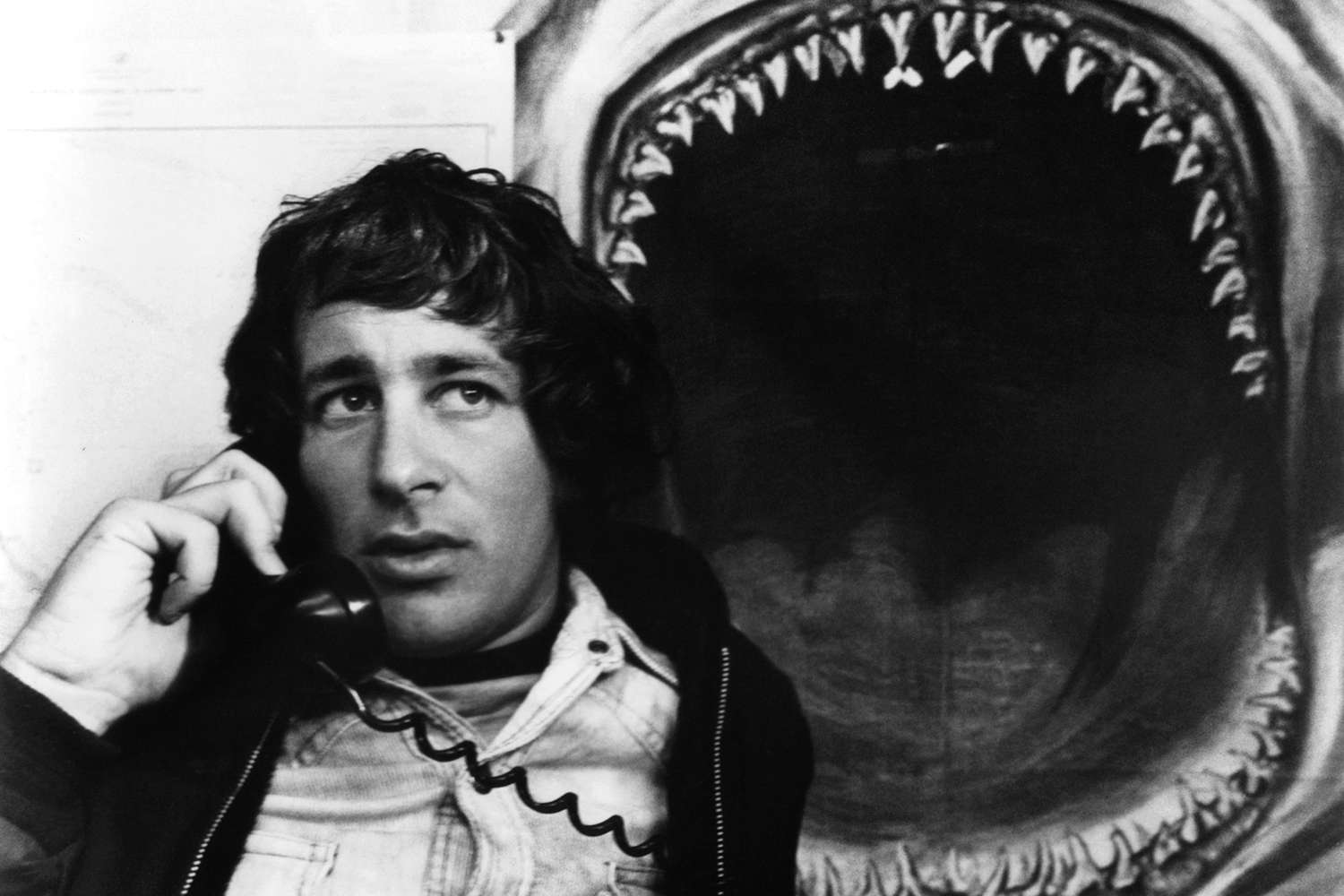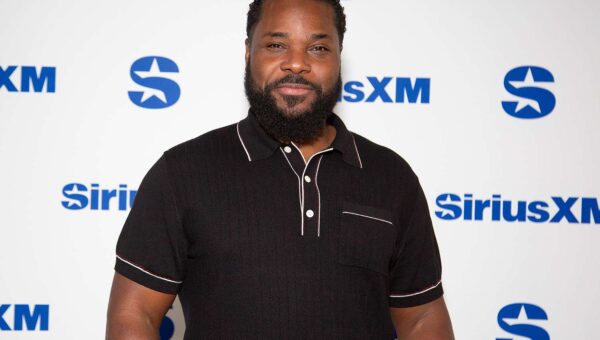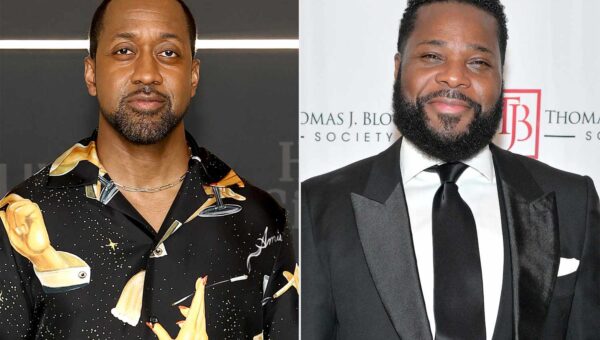Steven Spielberg gets specific about the mental toil of making ‘Jaws’ in new documentary
:max_bytes(150000):strip_icc():format(jpeg)/Steven-Spielberg-JAWS-060925-9e476df108884a2a88110119ddb7d770.jpg)
“I think I just lost it.”
Sentences like this are repeated by Steven Spielberg in the new National Geographic documentary Jaws @ 50: final inner history. The great director, who came from “promising newcomer to” visionary “behind the greatest money of all time” with the shark hunting adventure, is clearly still shaken by the psychological torment of massive production, expensive and difficult at the age of 26 years.
It has been known for a long time that Jaws went a lot above the budget and went to 100 days beyond its initial schedule. (Indeed, there was a piece of Broadway on this subject!) But seeing the grandfather Spielberg, whose work feels infallible today, reflect so long after the fact is one of the most striking elements of this extremely viewable documentary.
Diltz / Rue des Archives / Everett
There were many problems. The studio precipitated the film in production, in the hope of capitalizing on the enormous sales of books. (Spielberg admits, however, this may have been a boon in some respects. Mechanical sharks were not ready to shoot the prologue, and that made him realize that it could be more scary not See the threat until later in the film.)
The three huge fiberglass sharks were technical wonders, but designed for fresh water. No one thought of the implications of seawater and the negative effects of electrolysis. This made an endless series of delays, which offered stars Robert Shaw and Richard Dreyfuss to put themselves on the nerves of each other. (It may have finally helped their performance, but stress on the set.) Shaw was also a big drinker, so sometimes there would be times when Finally Everything would work, but he couldn’t nail his dialogue.
Then came the headache of the water on the water in general. (Once, the boat has taken too much water and sank.) Like James Cameron, who knows something or two about the manufacture of wet films, said in the documentary on the filming on the water, “it does not become twice more difficult – it instantly becomes five times more difficult.”
Register Weekly entertainmentFree daily newsletter To get television news, the first looks, summary, criticism, exclusive interviews, interviews with your favorite stars, and more.
Jaws was the first great studio opportunity of Spielberg after working on television and made a small functionality, The Sugarland Express. With so much money at stake, the Hollywood professions were already speculating if he worked again once he came back from the location of the Martha vineyard. His universal defender, Sid Sheinberg, even stolen across the country to sit down and say: “This cannot continue”.
The frustrations of the actors, the crew and investors in the studio were on the shoulders of Spielberg, but he stuck to his arms because he knew what the film could be if he had the blows he needed. (He did, as the doc reported, regularly called his mother and panicked. “Mom is really impossible. Help!” He quoted him.
“When the film wrapped Martha’s Vineyard, I had a full panic attack,” he said. “I couldn’t breathe, I thought I had a heart attack. I couldn’t take a breath of fresh air. I continued to go to the toilet and splash the water on my face. I trembled.”
With the kind authorization of Everett
He continued: “It was all I had experienced on the island, trying to hold me together, but to hold the crew together. I felt really responsible to keep them there as long as we had to stay.”
Even if Jaws was a phenomenon to the box office and the cultural phenomenon superior to the dream of anyone – making the coverage of the two Time And MAD Magazines – And that put Spielberg on a career path which assured that he would always have a final cup (and could even co -create his own studio for years later), “that did not stop the nightmares.”
Spielberg admitted: “I had a really difficult period when I finished the film.”
He described to wake up regularly in a cold sweat, with “the soaked leaves. Jaws For years later. I was always on the film and the film never ended. “”
Merie Weismiller Wallace / Universal Pictures and Amblin Entertainment
Spielberg later described how, for years, he sneaned on the Jaws Boat, Orca, after being transferred to the Universal Backlot tour. There, as if he returned to the scene of a crime, he grabbed out of sight and sobbed.
“I had nothing to cry,” he said. “The film was a phenomenon, and I sit here pouring tears because I am unable to dive the experience. The boat helped me start to forget. This orca was my therapeutic companion for several years later Jaws came out. “”
Jaws @ 50: final inner history But it is not only the trauma of the director. He shares several stories and comments behind the scenes. (If you want to watch the director Steven Soderbergh, speak with such a reverence of the placement and the publishing of the camera Jaws That it seems that it is about to cry, you really have to look at it.) Discover the trailer below.
Jaws @ 50: The Definitive Inside Story is presented on July 10 at 9/8C on National Geographic and Streams the next day on Disney + and Hulu.




